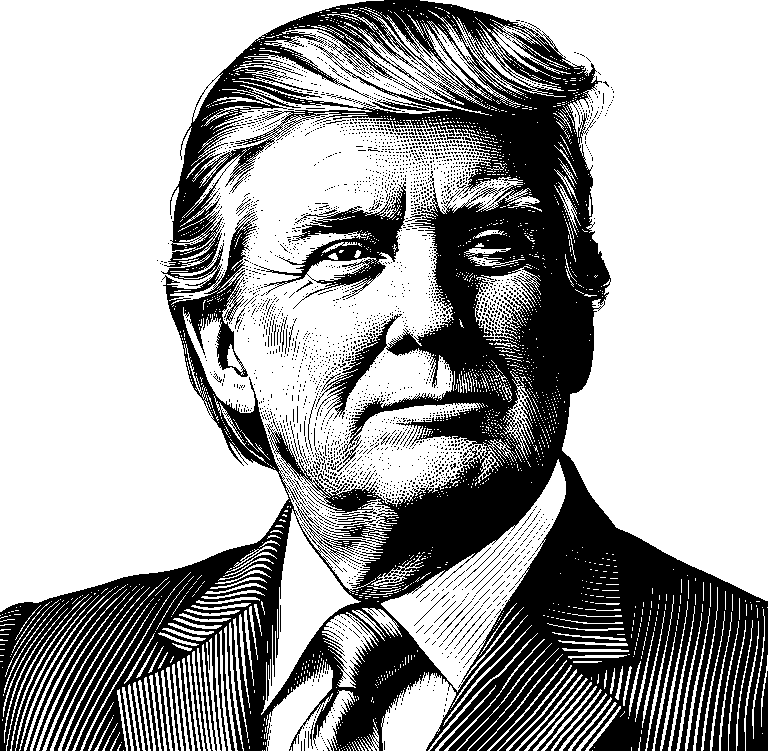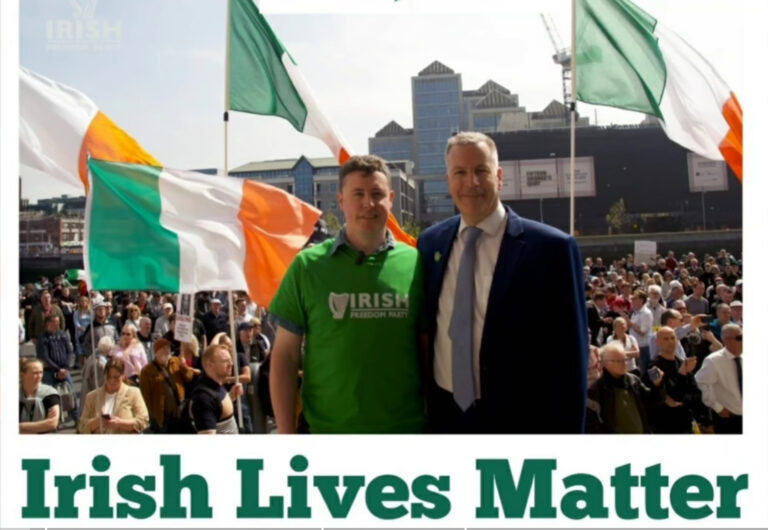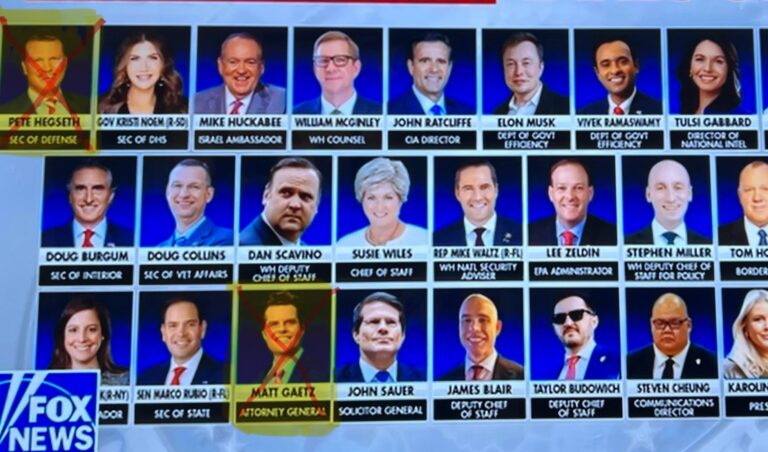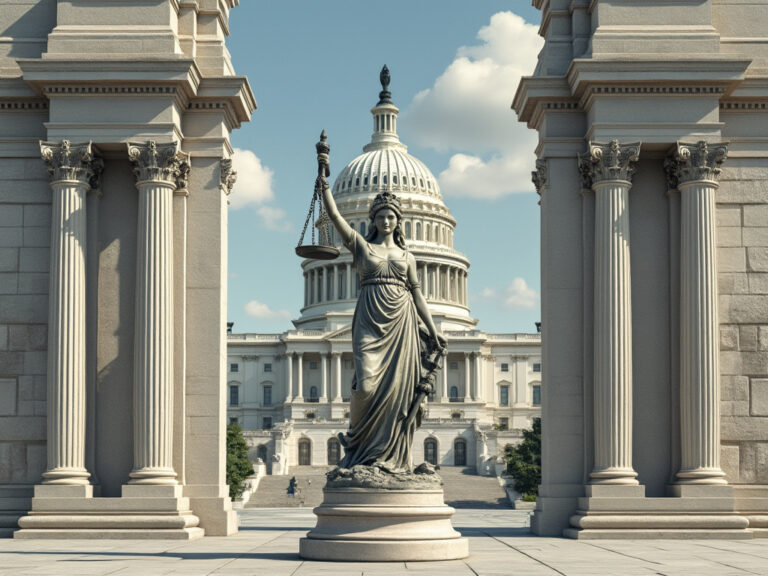
Political rhetoric has always been a powerful tool in shaping public opinion and driving social movements. However, its potency can also lead to unintended consequences, particularly when it fuels anger and incites violence among protestors. In recent years, the United States has witnessed several instances where charged political discourse has led to widespread civil unrest, resulting in significant economic impacts.
The Role of Political Rhetoric
Political rhetoric encompasses the language used by leaders and influencers to persuade, motivate, or mobilize their audience. It can be a force for positive change, rallying support for critical issues, and encouraging civic engagement. However, when rhetoric becomes inflammatory or divisive, it can stoke the flames of anger, leading to protests that sometimes spiral into chaos.
From Rhetoric to Riot
When political leaders use rhetoric that vilifies opponents, highlights societal grievances, or emphasizes perceived injustices, it can resonate deeply with individuals who feel marginalized or disenfranchised. While peaceful protests are a cornerstone of democratic expression, the line between peaceful demonstration and destructive behavior can blur when emotions run high.
The transition from rhetoric to riot often occurs when individuals or groups feel empowered to act on the sentiments expressed by influential figures. When leaders fail to temper their language or explicitly condemn violence, it can be interpreted as tacit approval for more extreme actions.
Economic Consequences
The economic fallout from civil unrest is multifaceted. In cities where protests escalate into riots, businesses face immediate threats, including property damage, looting, and disruption of operations. The cost of repairs, increased security measures, and insurance claims can be debilitating, especially for small businesses.
Moreover, prolonged unrest can deter investment and tourism, eroding the economic stability of affected areas. The perception of instability can lead to decreased consumer confidence and spending, further straining local and national economies.
Addressing the Challenge
To mitigate the destructive potential of political rhetoric, it is crucial for leaders to exercise responsibility in their communication. This involves promoting dialogue that encourages understanding and collaboration rather than division. Additionally, fostering a culture of accountability where violent actions are unequivocally condemned can help prevent rhetoric from escalating into unrest.
Educational initiatives that focus on media literacy can also empower individuals to critically evaluate political messages and discern between rhetoric aimed at constructive change versus that which incites discord.
Conclusion
Political rhetoric wields significant influence over public sentiment and action. While it can unite and inspire, it also has the potential to ignite anger and lead to destructive protests. The challenge lies in harnessing this power responsibly, ensuring that discourse contributes to positive societal progress rather than sowing chaos and economic disruption. As such, a balanced approach that values both free expression and social responsibility is essential for maintaining the health and stability of American society.







